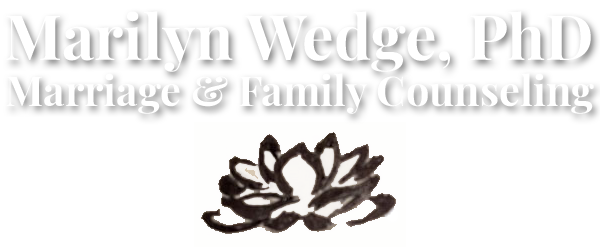FAQs
I’ve never talked to anyone. I’m used to handling things on my own. Aren’t people who go to therapy weak?
Not at all. People who ask for help know when they need it and have the courage to reach out. Everyone needs help now and then. In our work together, I’ll help you explore and identify your strengths and how to implement them to reduce the influence of the problems you are facing.
What’s the difference between talking to you or my best friend or family?
Of course your friends and family can be supportive and good listeners, but you don’t want to burden them with your problems on an ongoing basis. A therapist can help you approach your situation in a new way– teach you new skills, see yourself and others in a new way, and listen to you without judgment or expectations. Moreover, counseling is completely confidential.
Why shouldn’t I just take medication?
Medication can be effective but medication alone only band aids symptoms and does not get to the source of your problem. If you are taking medication, I will work with your psychiatrist, if you like, to achieve the best outcome for you.
How does it work? How long are the sessions?
Each session is 50 minutes long. The therapy process is like talking to a friend, but to a friend with professional training and skills.
How long will it take?
I am committed to a brief therapy, problem-solving therapy approach. I solve problems as quickly and effectively as possible. But the length of therapy varies according to each person’s unique situation. Therapy for a child’s behavioral or school problem can take 2-6 sessions. Supportive therapy after a divorce or break-up can take several months. Healing a relationship after an affair can take longer. Sometimes people come back to me for a monthly or bimonthly “tune up” after their initial problem has been resolved. Therapy is for you, the client, and you decide when you are feeling better and have achieved your goals in therapy.


